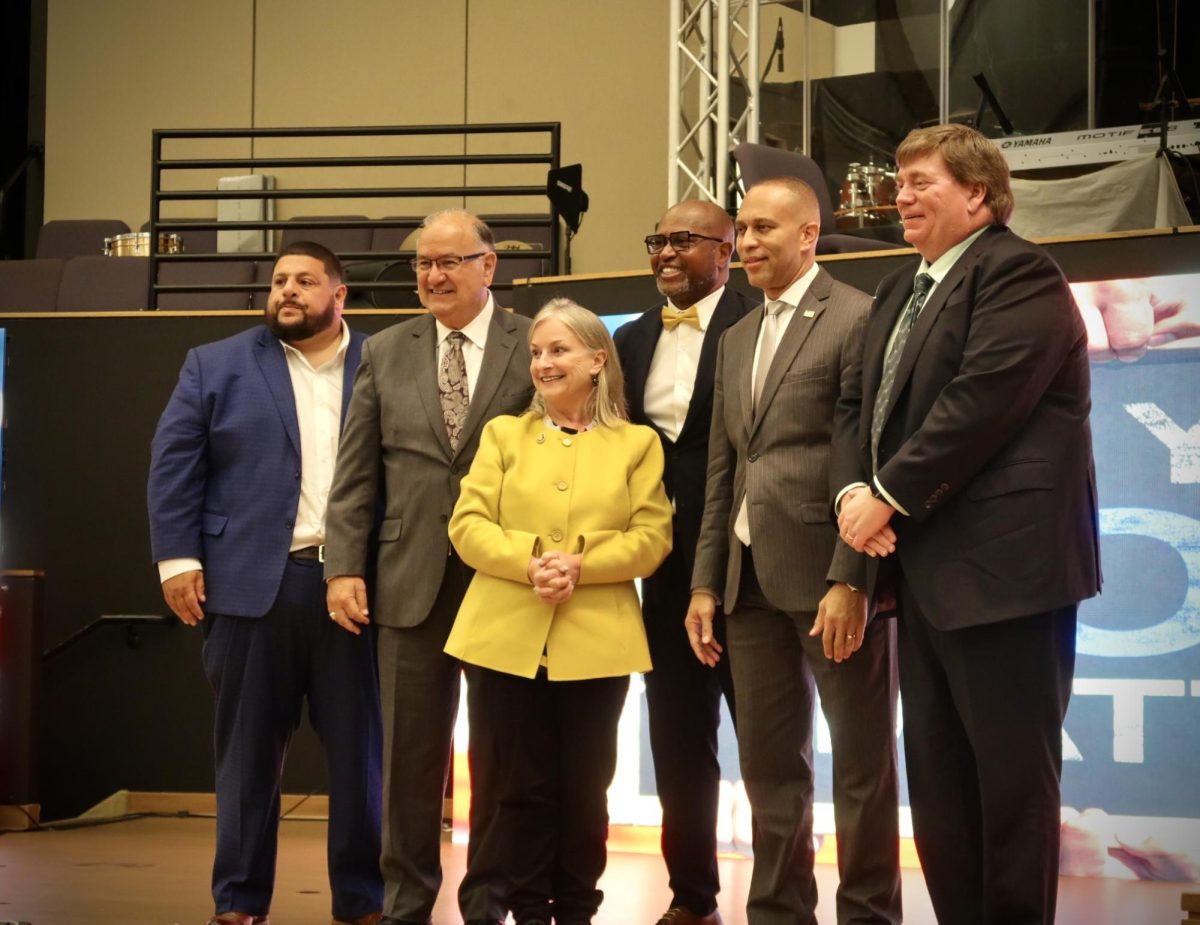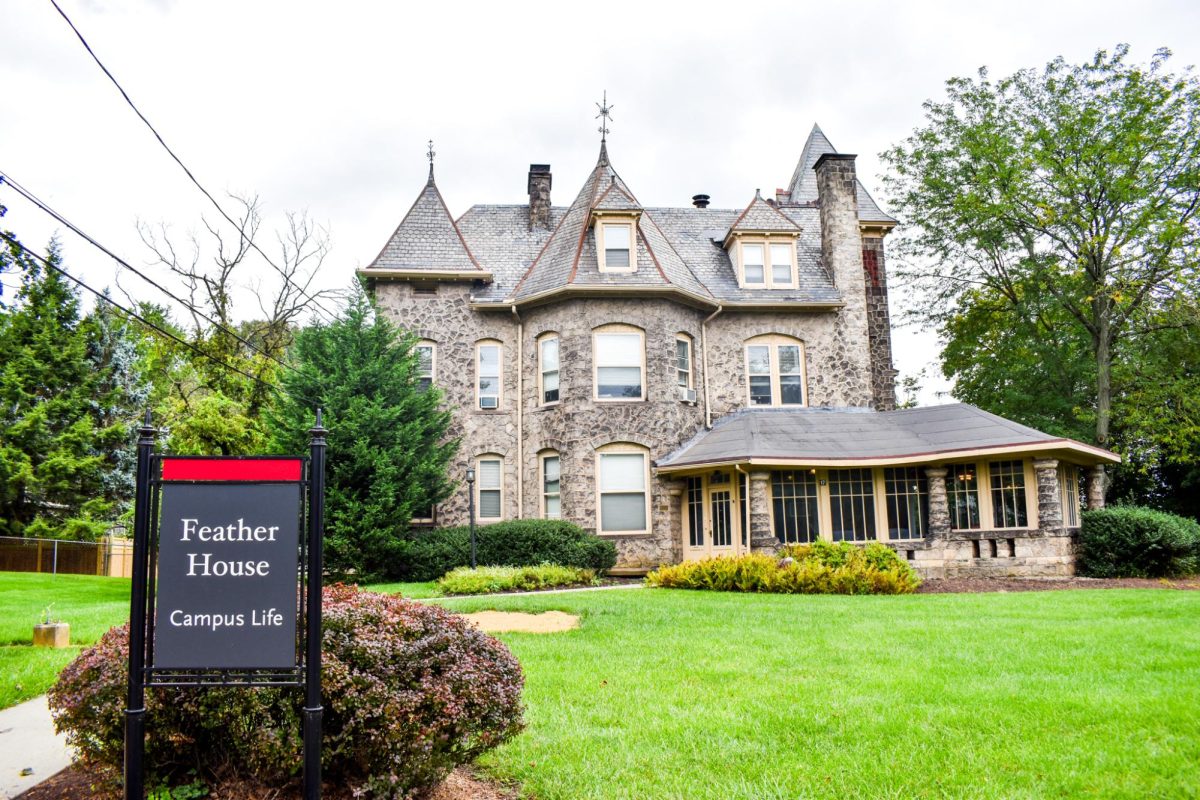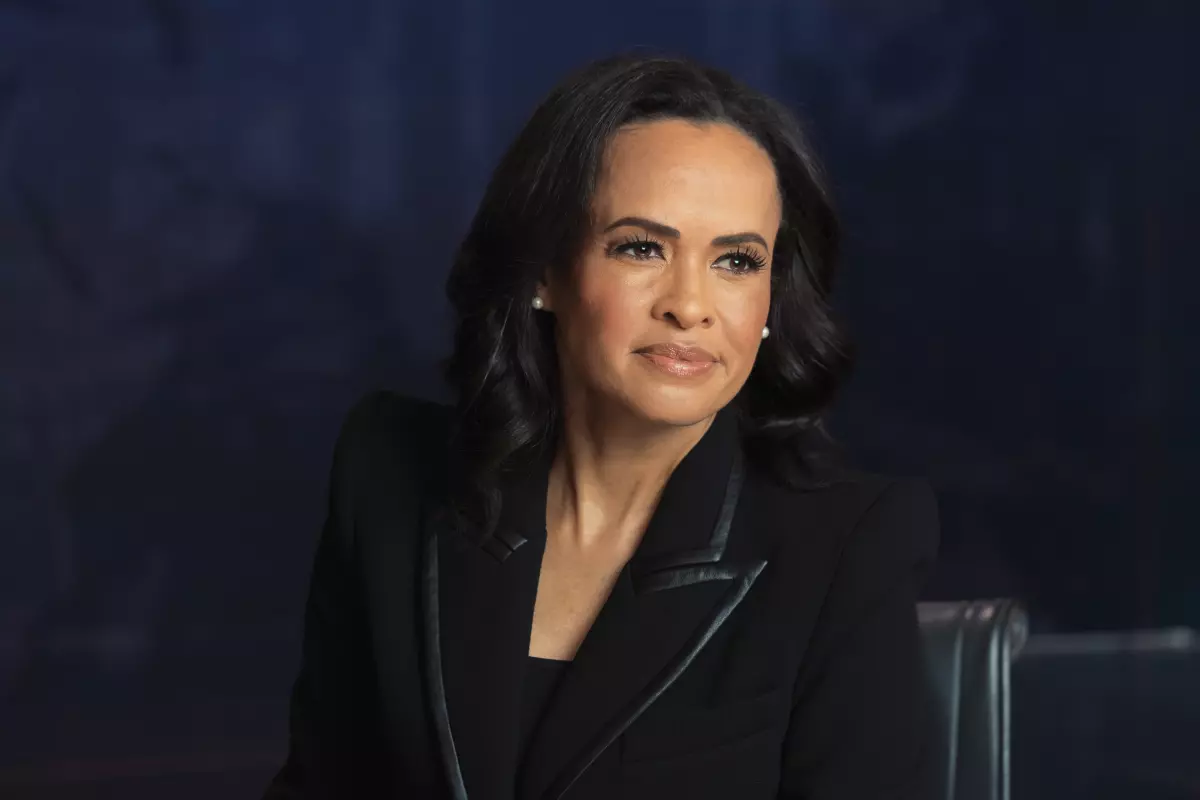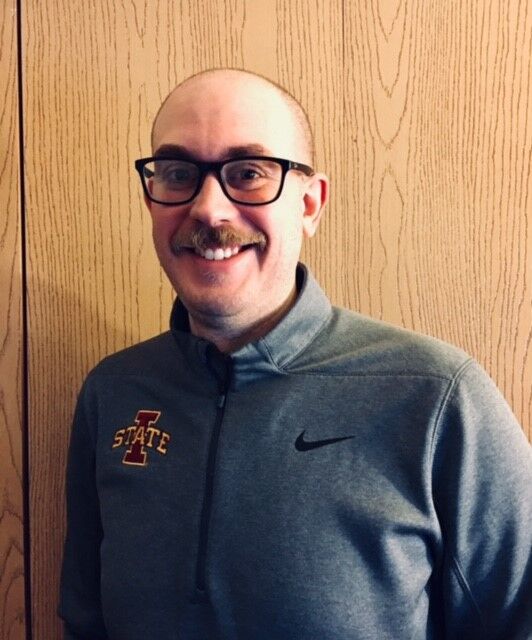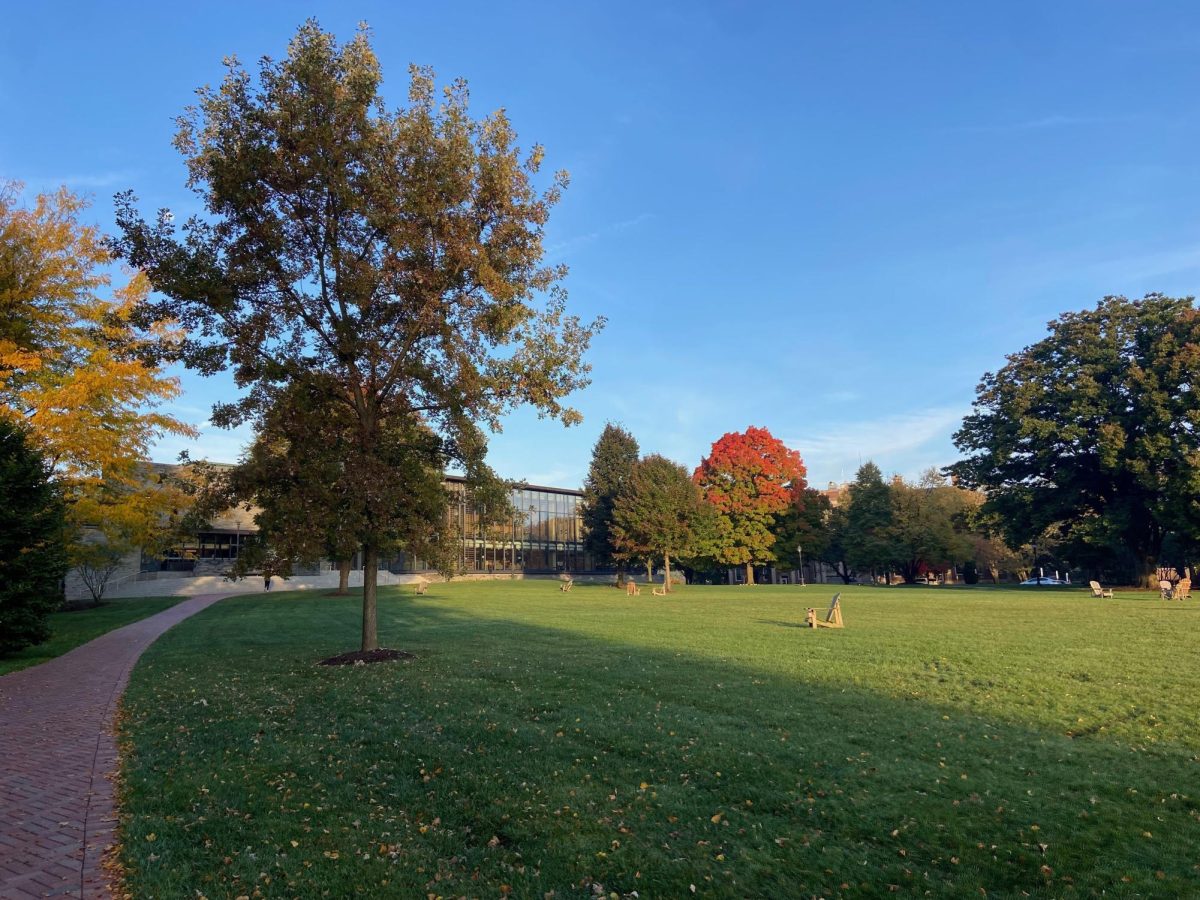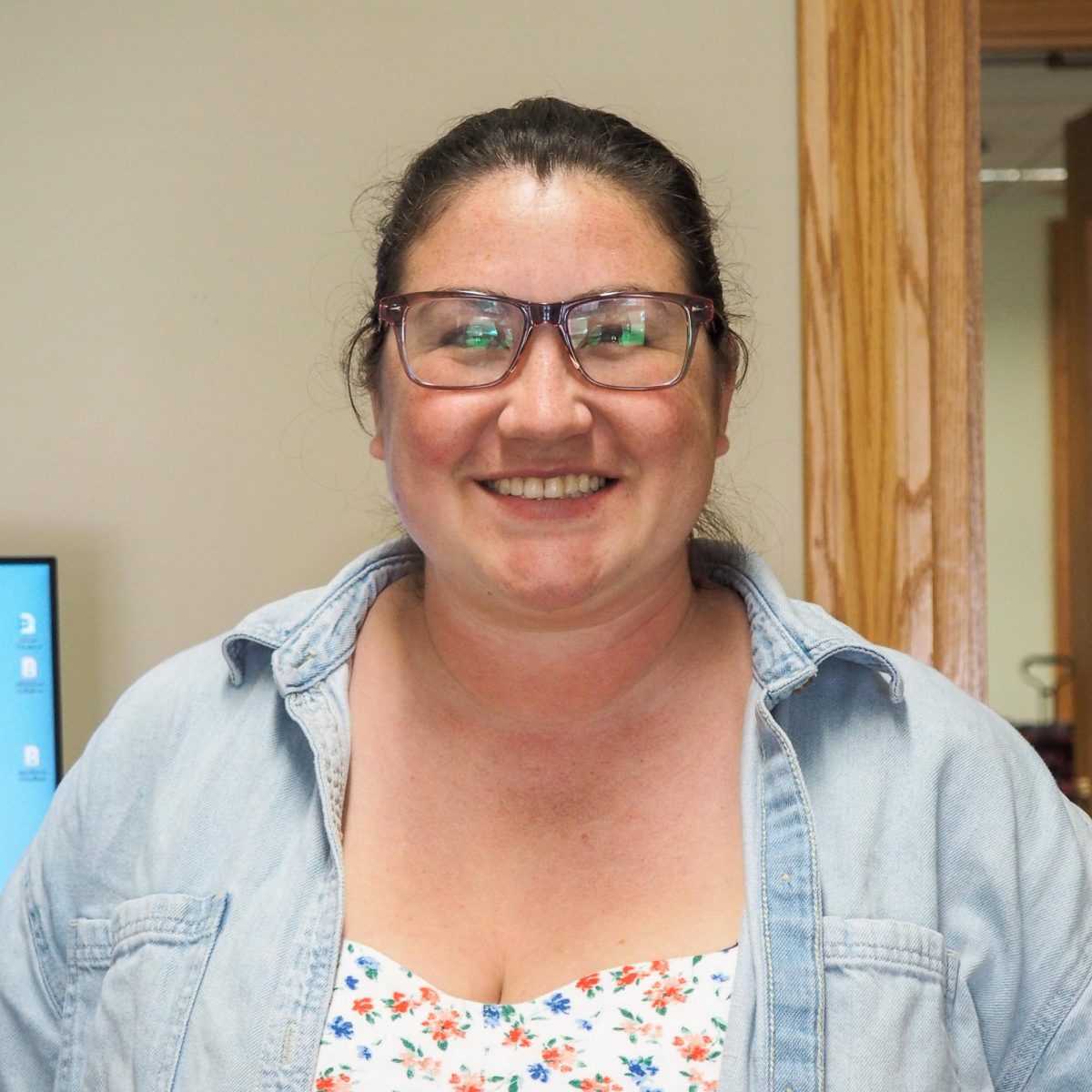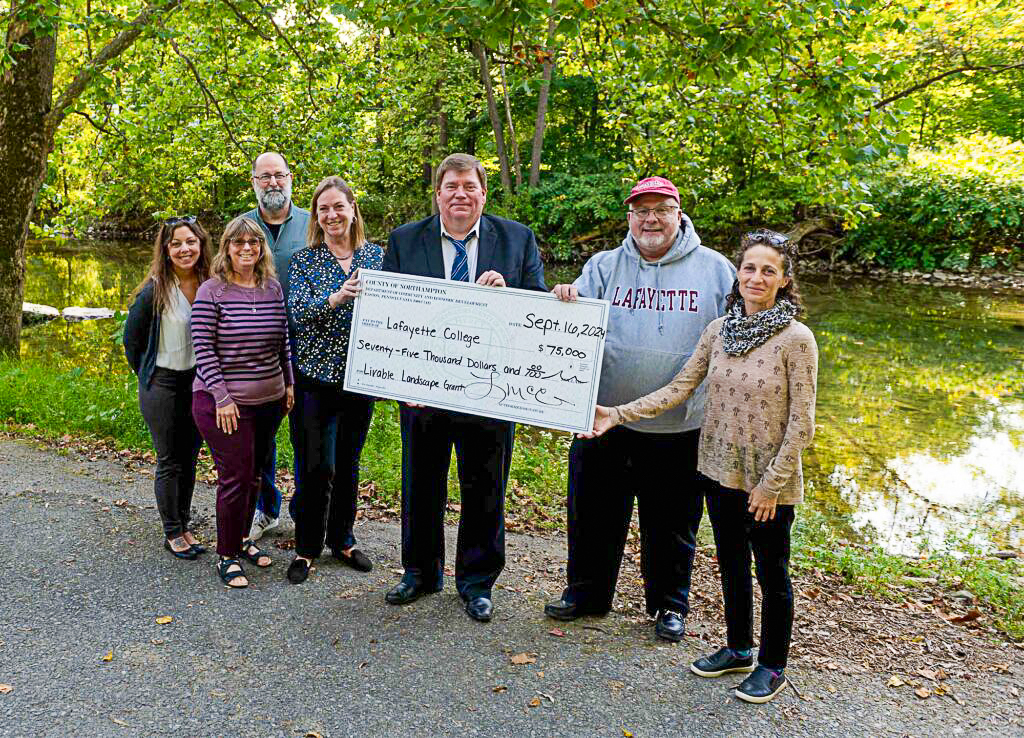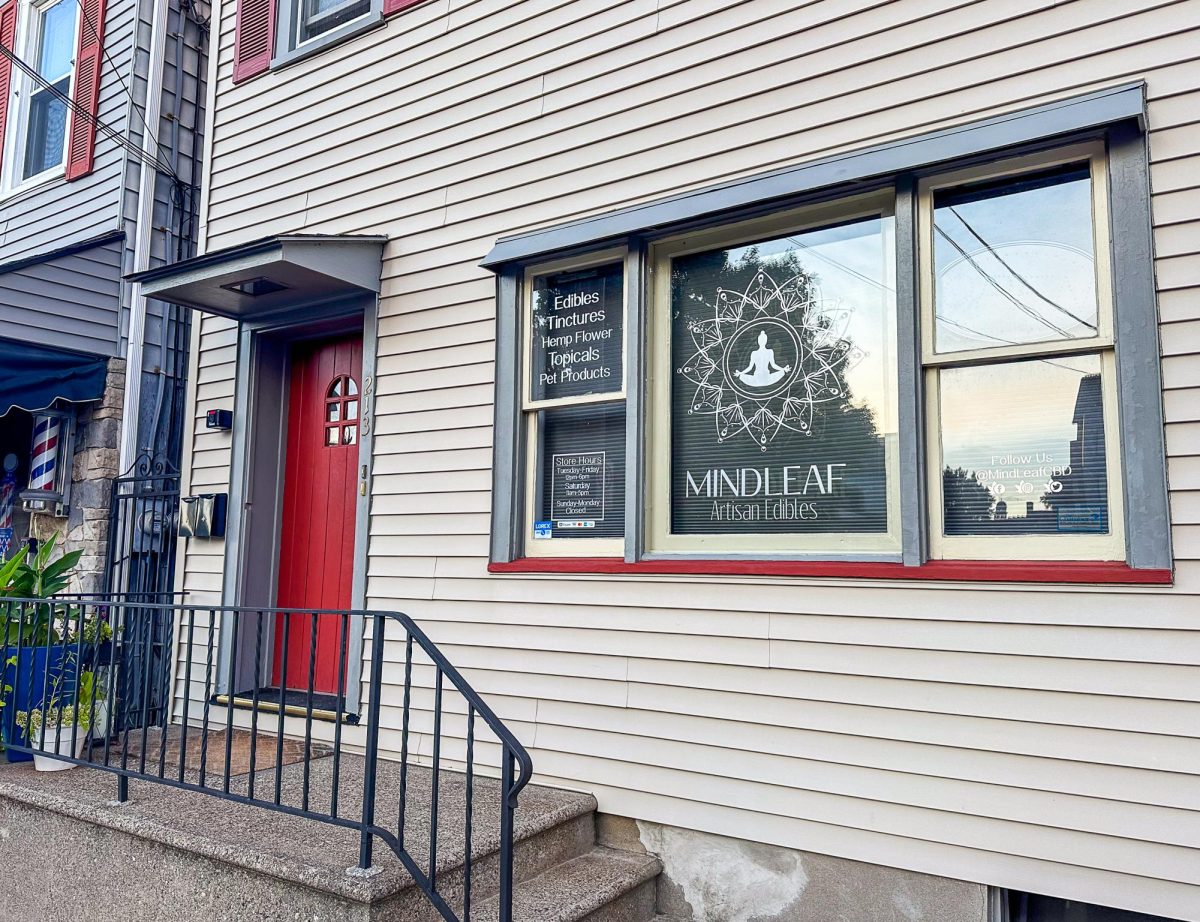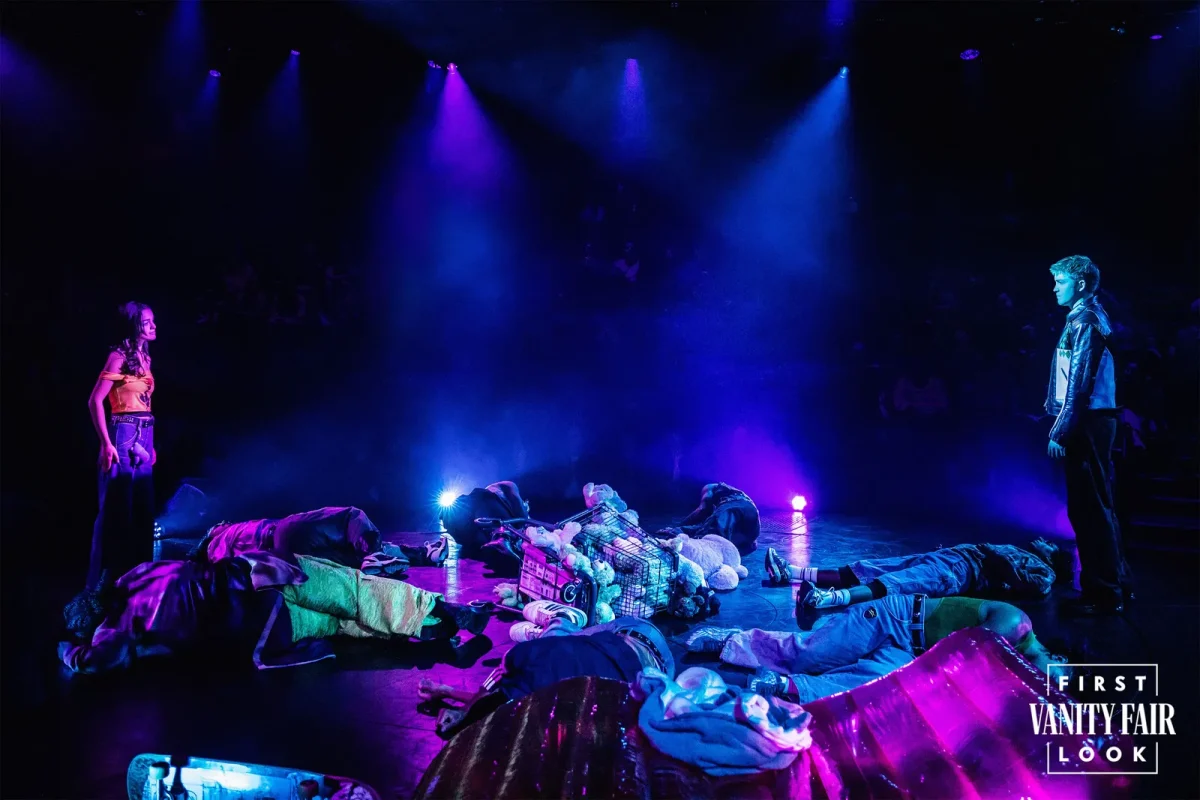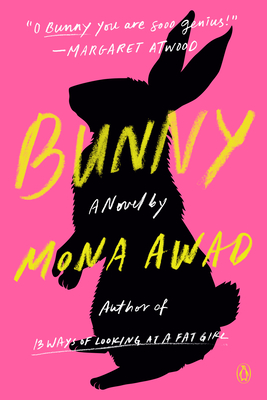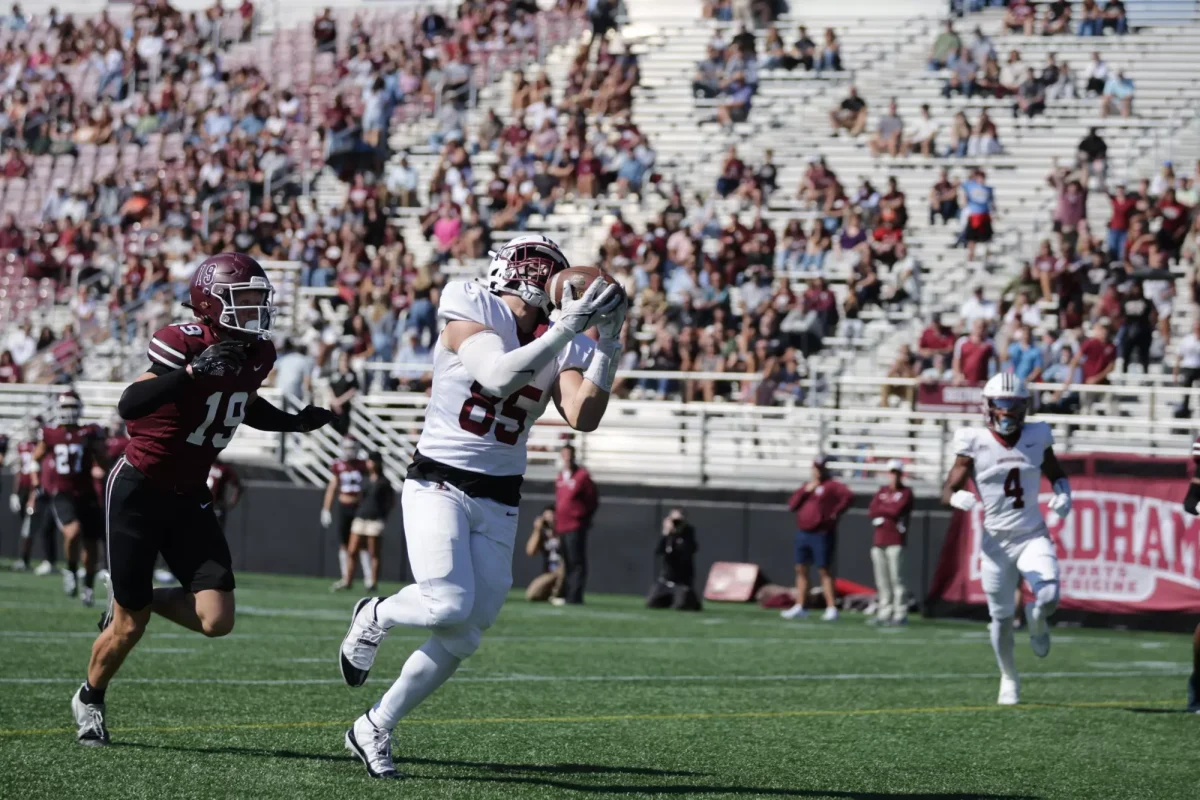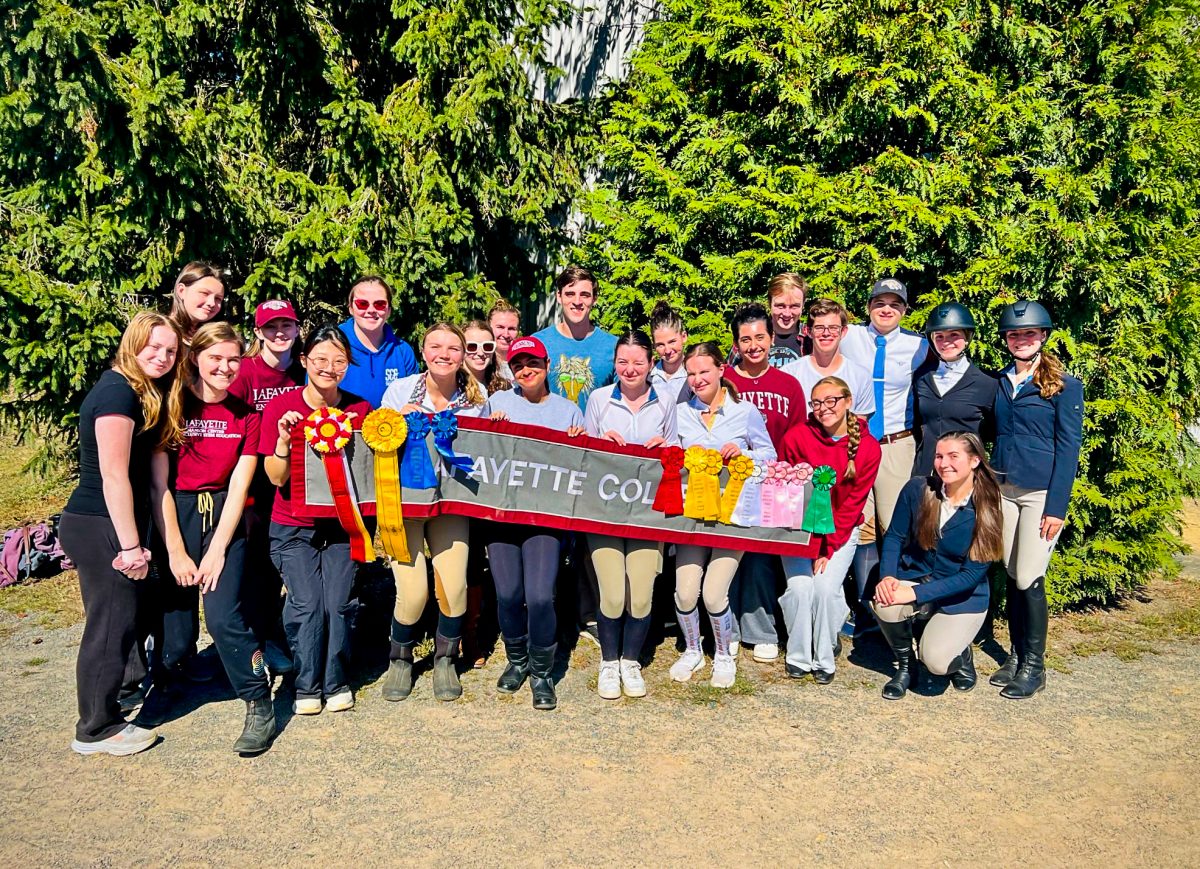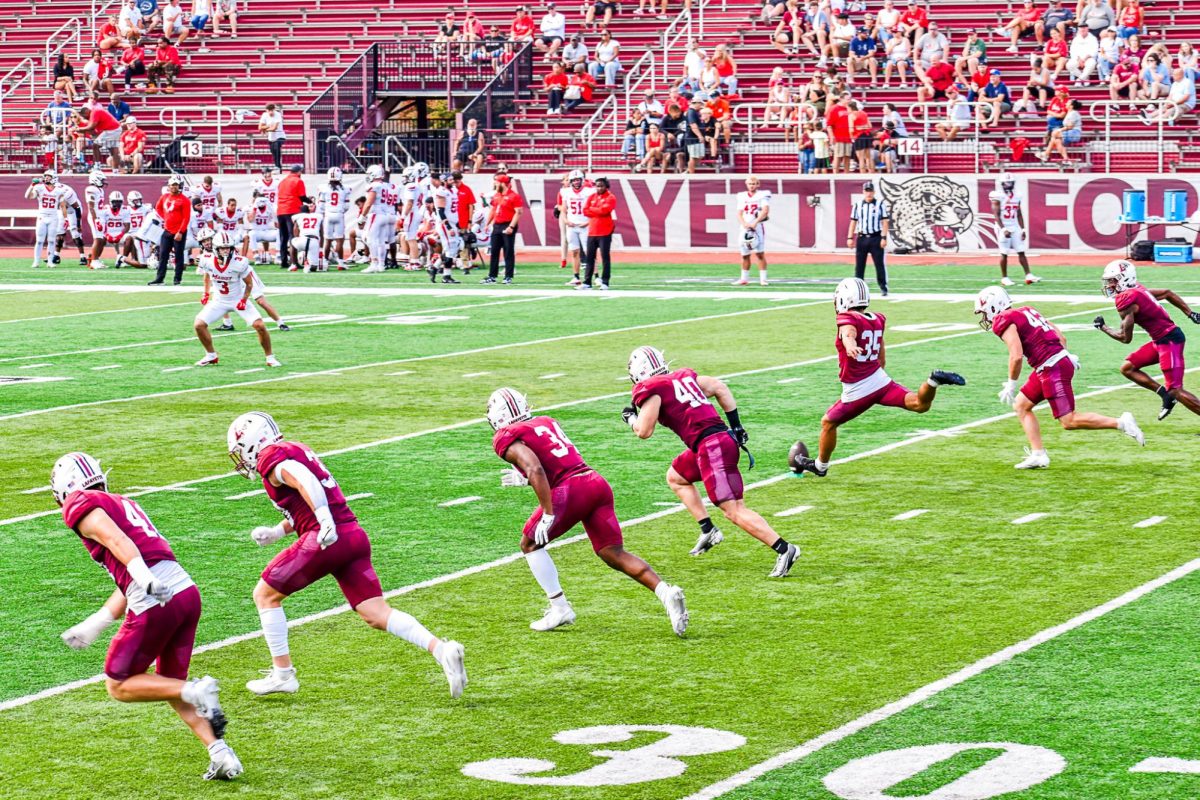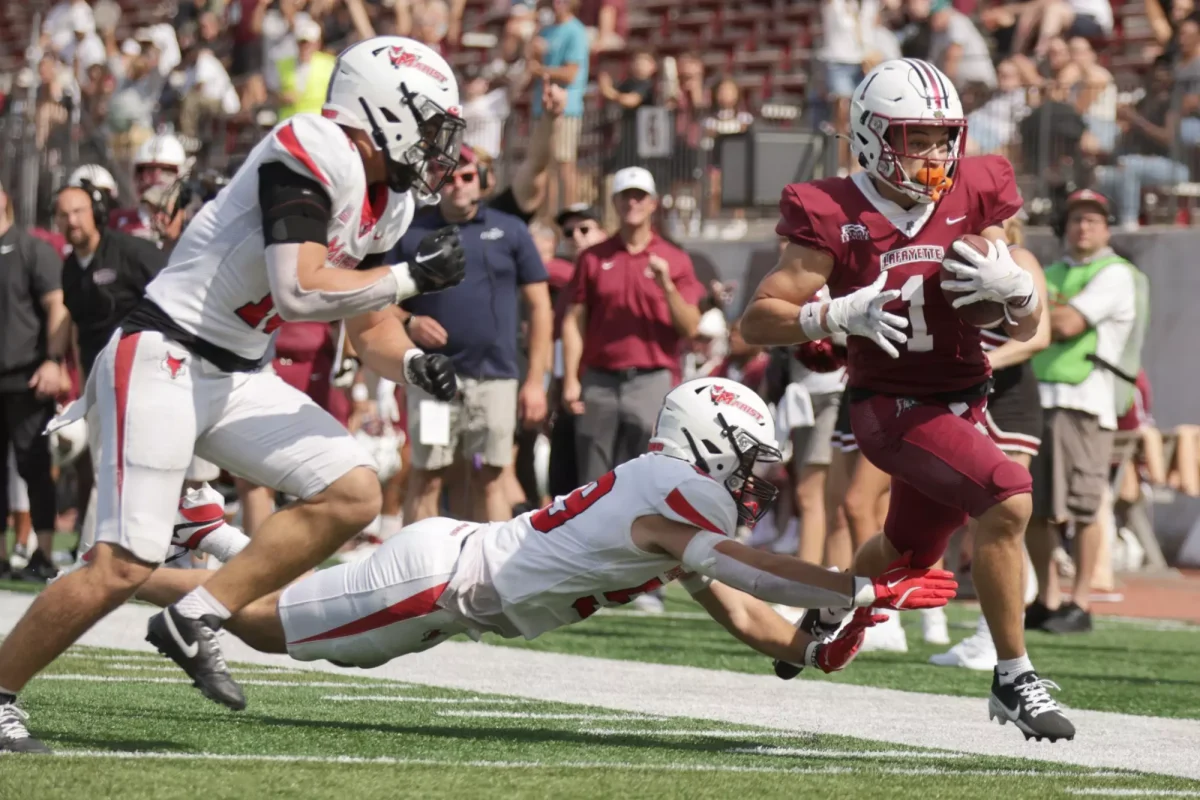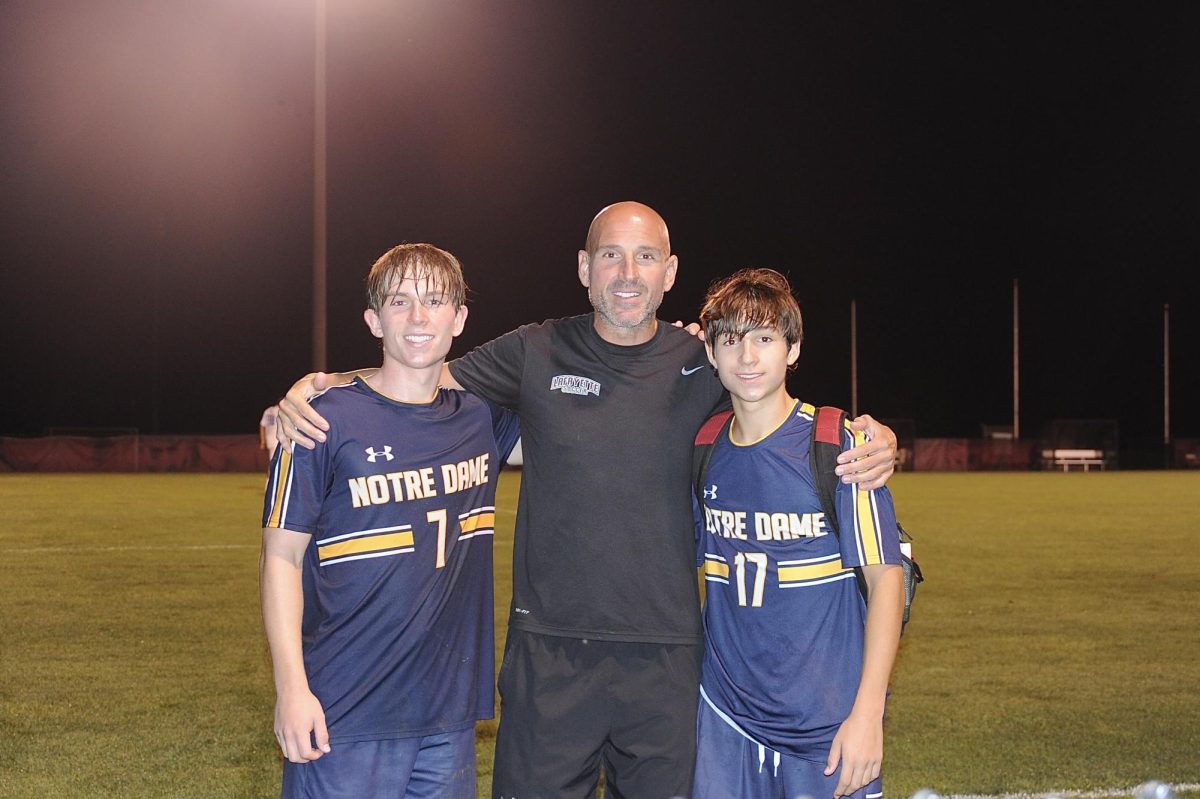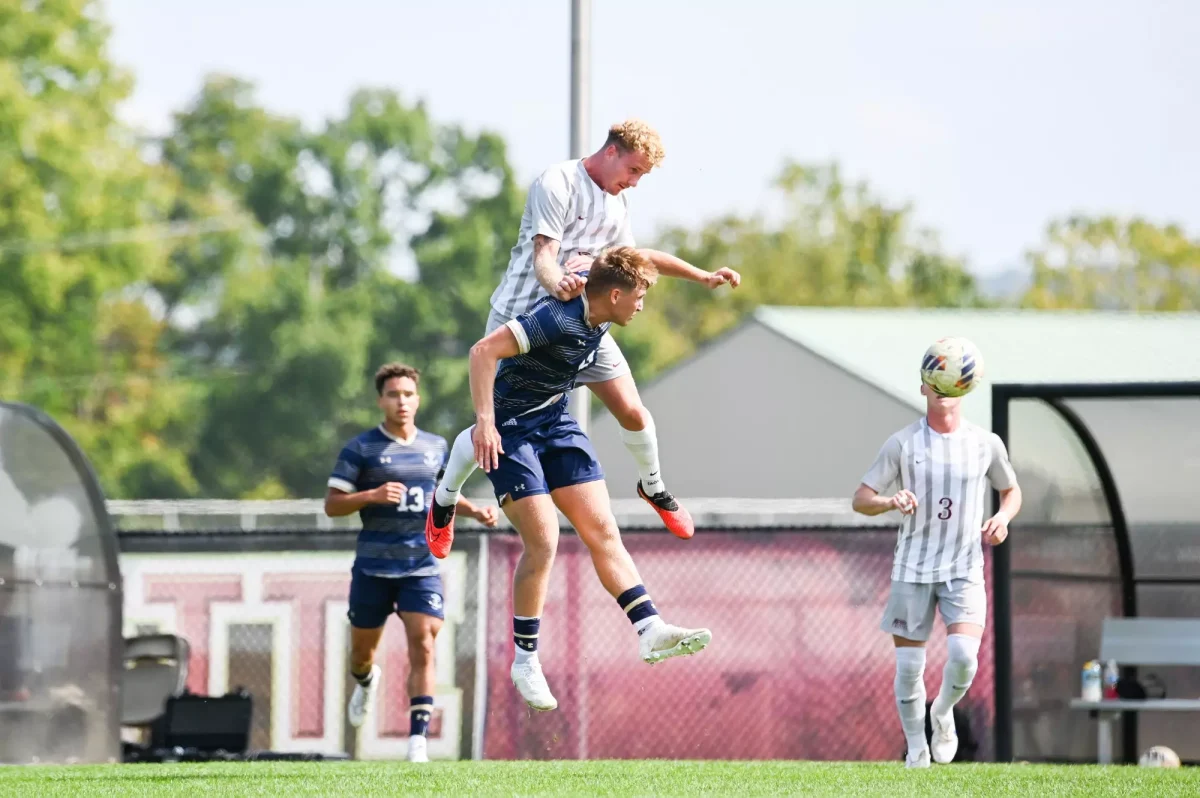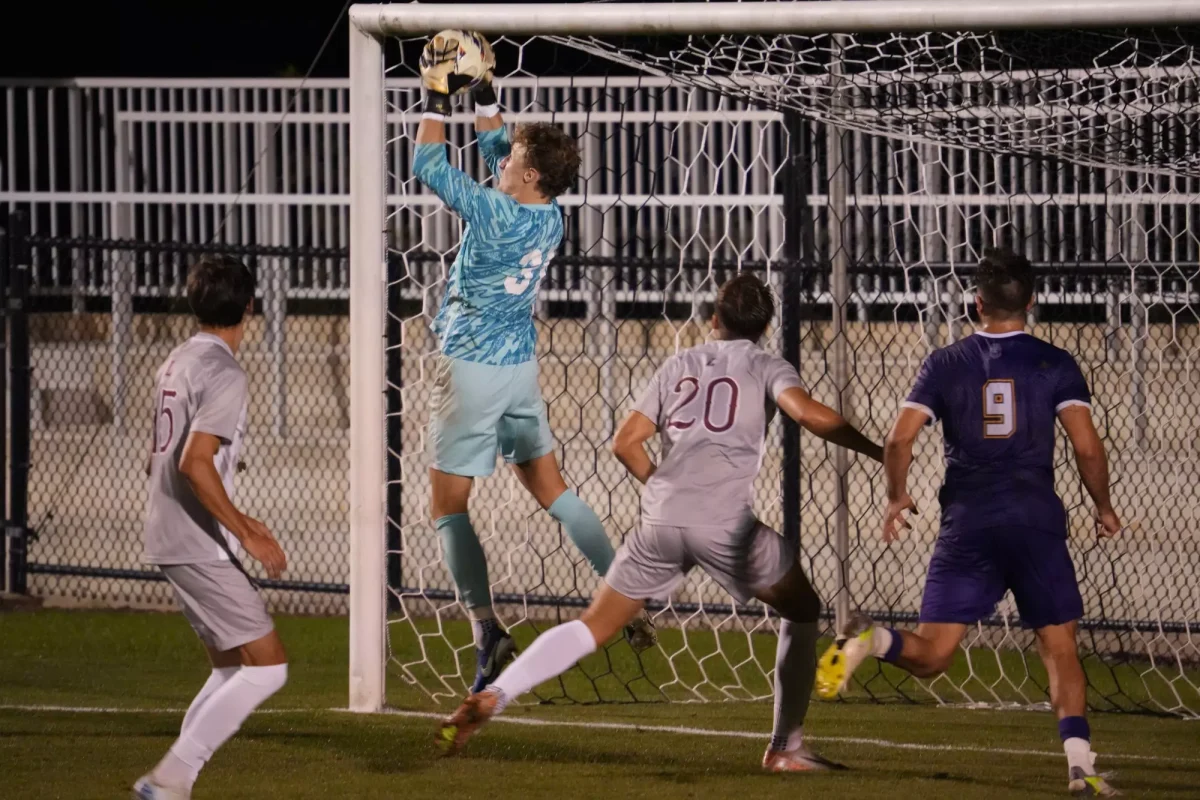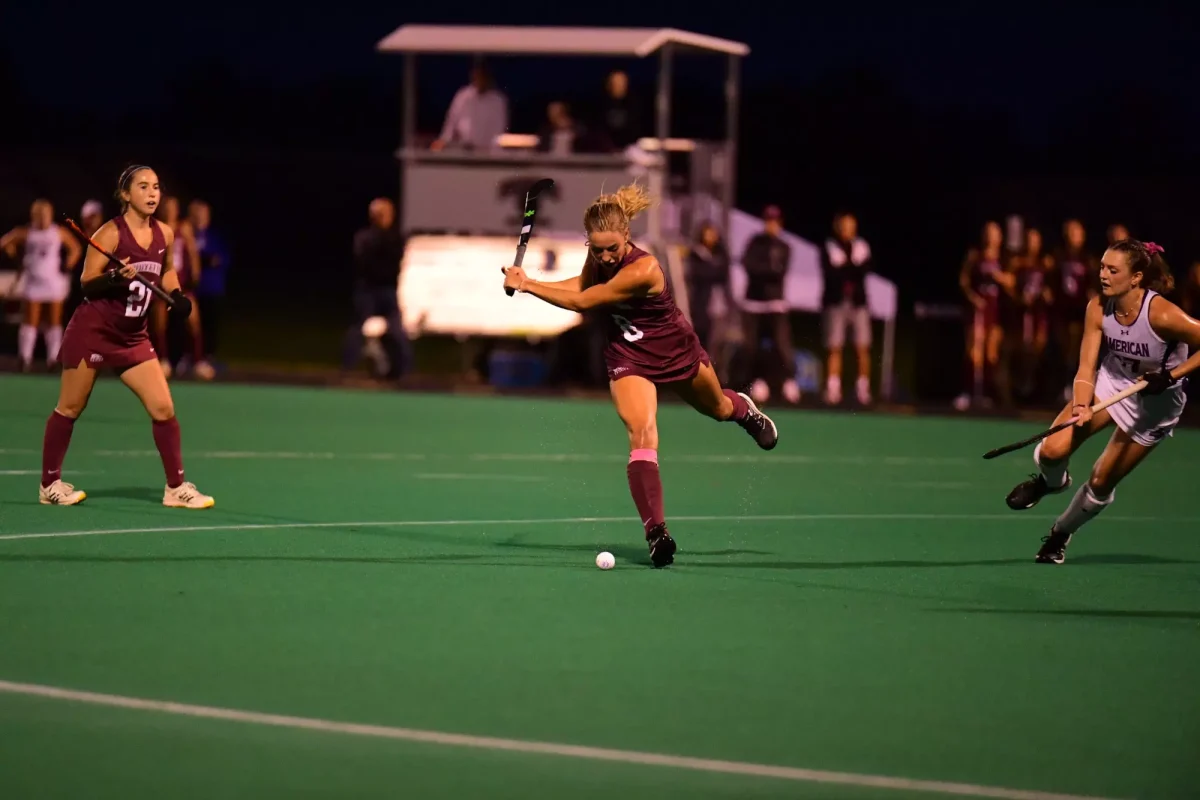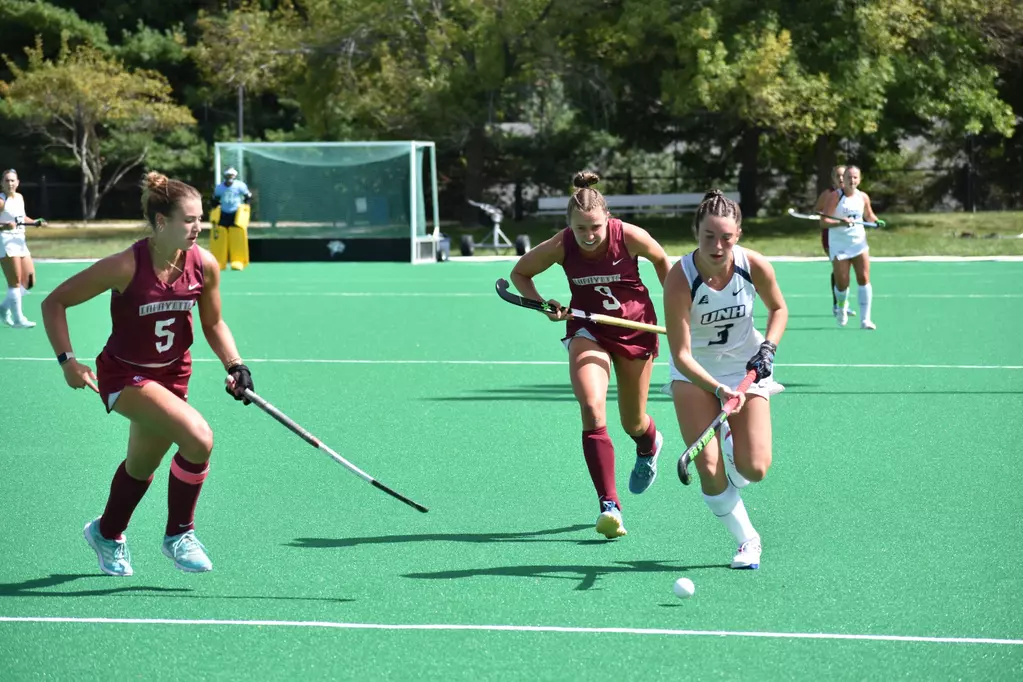On the bottom of the cover of “Between the World and Me” by Ta-Nehisi Coates, there’s a quote from author Toni Morrison.
“This is required reading,” it says. For Lafayette students and community members this summer, this should be taken literally. And it’s not only for incoming first years.
“[W]e’re thinking of this year’s reading not just as the “first year reading”, but as more of a community reading,” wrote Dean of Advising and Co-Curricular Programs Erica D’Agostino, who annually works with faculty members to pick a summer reading book, in an email. “We will be asking the entire campus community to read the book and we are also inviting the Easton community to read the book along with us in the hope that they will join us for presentations, speakers, and workshops on the topics of race and class.”
This year, D’Agostino surveyed faculty members for book recommendations, she wrote, and over half suggested “Between the World and Me.”.
“Several faculty felt it was important to address the issue of race and class in America in light of the conversations currently happening across the country at various colleges and universities,” she wrote.
The book is written in the form of a letter to Coates’ son, echoing author James Baldwin’s letter to his nephew in his 1963 book “The Fire Next Time.” In it, Coates uses examples from his adolescence to discuss what it is like to be a black man in America and institutionalized racism.
Among faculty members who feel it is important to talk about issues of race and class at Lafayette is Assistant Professor of Anthropology Neha Vora. She has read parts of “Between the World and Me,” along with some of Coates’ other work. Vora recommended the book in the survey, along with other books that also discuss race.
A book about this topic, she said, may help students feel more comfortable talking about these issues.
“I often find in my classes, all students—and this isn’t just white students—all students just kind of come in with this tension around talking about race and racism and racial inequality in this country,” Vora said.
Professor of Government and Law Josh Miller, who has taught at Lafayette for thirty years, agreed. He teaches the book in his into to political theory classes, and said that Lafayette students, who are predominantly white and upper-class, may benefit from reading a book with a diverse perspective.
He added that he will volunteer to lead a discussion on the book during freshmen orientation.
Miller’s decision to teach the book, however, did not come without him wondering if students would be offended by certain parts the book. Namely, he was not sure how students would react when Coates writes that he could not feel sympathy for the first-responders in 9/11 because of his own negative experiences with the police as a black man.
“So when [Coates wrote] that, that’s where I think some students really got offended,” Miller said. “And I was worried about that. They were.”
It still led to a productive discussion, though, he said, recognizing the importance of including every voice in the conversation when talking about these issues.
Adjunct Professor of English Belinda Peterson, who teaches the book in her class, Black Writers, said that, when reading Coates, it’s important to keep in mind the set of ideas he’s drawing from. When he writes about his feelings toward first-responders in 9/11, Coates is writing about the larger idea of systematic oppression of black people in the U.S.
She said it’s important for people talking about the book remember the context surrounding all his ideas.
“As anyone moves forward with teaching this text or dealing with these issues, there has to really be [an opportunity] to engage going back to [the question], ‘How did we get here?’” Peterson said. “Coates is not writing in a vacuum, he’s pulling from…a long rich history of African-American literature and social justice movements.”
Vora said that she does not know what discussions about the book will be like next semester, but thinks there will be a range of opinions.
“Let’s get the issue out,” Miller said. “Let’s start talking about it. I mean, [it’s] so important.”

